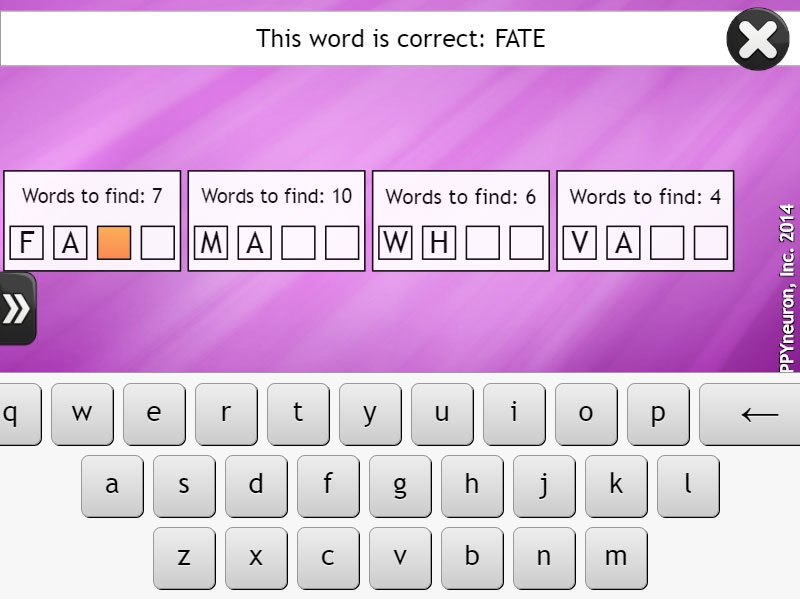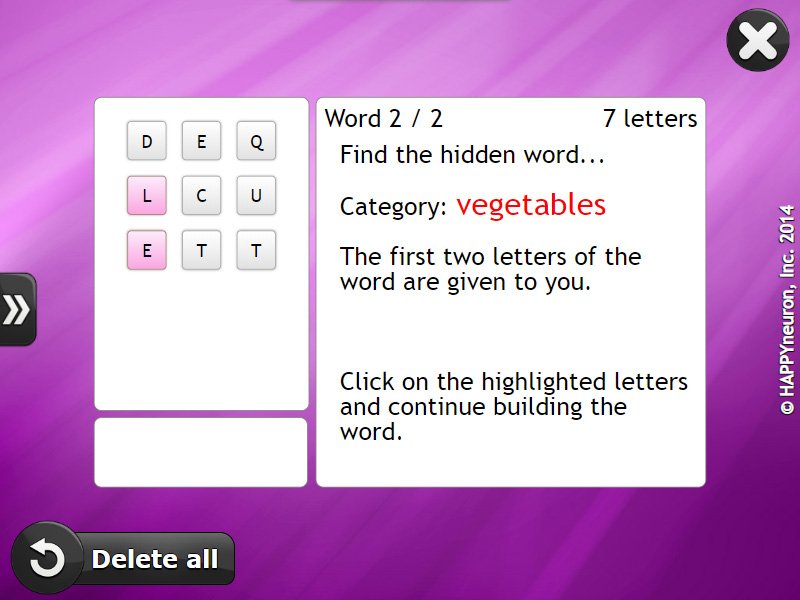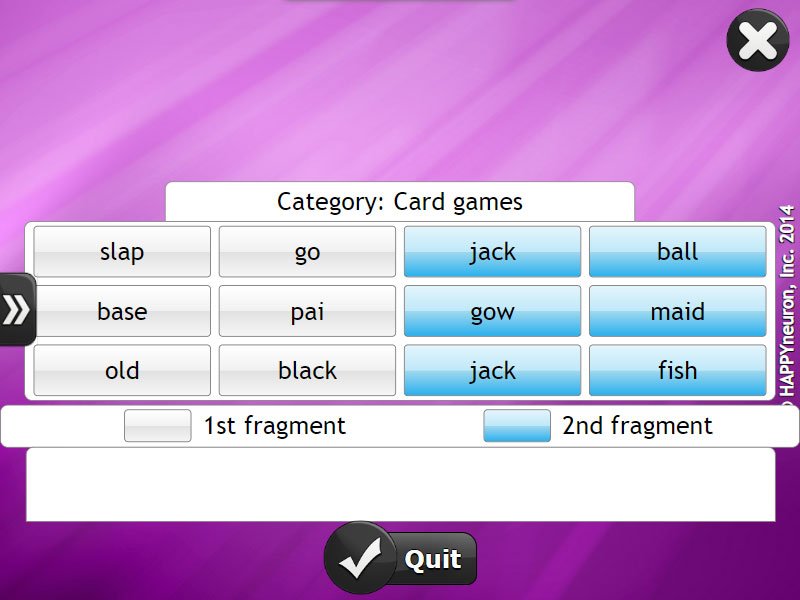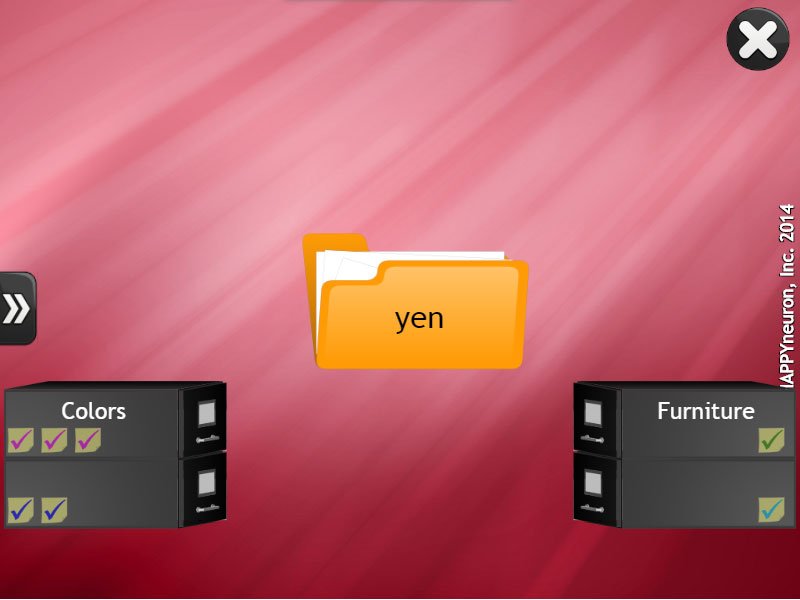Why Word Retrieval Therapy Helps Dementia
Primary progressive aphasia (PPA) is a gradual loss of language ability associated with dementia. There are 3 variants of PPA that impact speech and language abilities differently. Speech and language pathologists (SLPs) may work with clients that have PPA or are beginning to develop dementia. One way SLPs can help their clients with PPA is by providing word retrieval therapy. In this blog post, we discuss what is and why you should provide word retrieval therapy for your clients with PPA.
What is Word Retrieval Therapy?
Word retrieval therapy involves the training and practice of word meanings, categories, and associations. This can be done by using print and/or digital cognitive therapy exercises. Examples of word retrieval exercises include describing a picture in as much detail as possible, viewing the first two letters of a word, and generating as many words as possible with those two letters, or putting words together from fragments.
Does HappyNeuron Pro Offer Any Word Retrieval Therapy Exercises?
Yes. HappyNeuron Pro offers several exercises that can be used for word retrieval therapy. Our top picks for digital cognitive therapy exercises that you can use for word retrieval therapy are:
How do I Provide Word Retrieval Therapy?
Research shows some benefit in providing word retrieval therapy for clients with PPA. Researchers have found that this type of therapy works best when an SLP uses items that the client is familiar with. By teaching their client how to organize familiar items according to different categories, it allows the patient to practice the skill in a way that readily translates to their home environment. Research has also found that by involving the client in choosing the items that they wish to learn, the patient’s engagement is increased. By incorporating rehearsal techniques of practiced words, the client may add the practiced words into their everyday vocabulary. By using these techniques, SLPs can help their clients with PPA remember and produce the words that they wish to communicate. This can help alleviate the stress and frustration of communication with other people that your client may interact within their daily lives
Conclusion
Word retrieval therapy can help your client better communicate and name objects that they use in everyday life. By providing word retrieval therapy using print and digital cognitive therapy exercises, SLPs can help their clients with PPA improve their language abilities. While there are different kinds of PPA, research has shown that word retrieval therapy is effective in remediating loss of language across the different kinds of PPA.
Source
Jokel, R., Graham, N. L., Rochon, E., & Leonard, C. (2014). Word retrieval therapies in primary progressive aphasia. Aphasiology, 28(8-9), 1038-1068.














